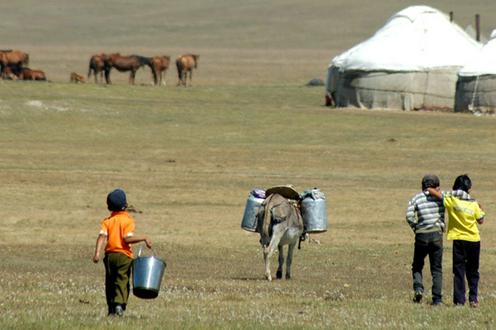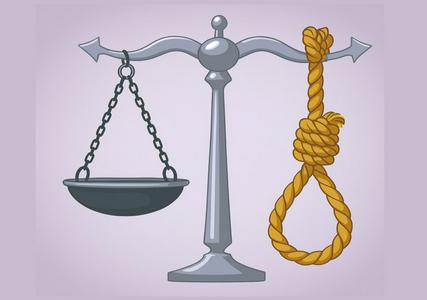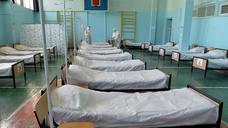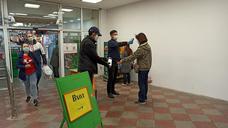According to information from UNICEF (the UN’s children’s fund), 57.6% of children in Kyrgyzstan are living in poverty. This was announced by the head of the fund’s Kyrgyz office, Christine Jaulmes, at a round table event on 6 December, reports KaktusMedia (in Russian).
This new figure is higher than that reported by the country’s government. In 2015, the Ministry of Labour and Social Development announced that since 2000, the proportion of children living in poverty in Kyrgyzstan had fallen from 68% to 45%. In 2018, the National Statistical Committee reported an even lower figure – 32%.
Christine Jaulmes emphasised that growing up in poverty has a deleterious effect on a child’s future. “Malnutrition and stunted growth are the main consequences of poverty during early childhood. At a later age this leads to lower educational opportunities and poor health, as well as lower labour productivity and lower investment in future work,” she explained. The UN’s expert added that a high level of child poverty has a negative impact on society as a whole. Criminality rises and the value of human capital falls.
Nazgul Tashpayeva, head of the Department for Civil Development of the presidential office, underlined that a third generation of children living in poverty has now grown up in Kyrgyzstan and that this is having a negative impact on citizens’ development. Tashpayeva said that studies had shown that 51% of children in the country have difficulty performing simple mathematical operations, and 58% do not understand what they read.
At the same round table event, deputy speaker of the Jogorku Kenesh (parliament) Aida Kasymaliyeva spoke critically of the current system of social security. The existing benefits system is ineffective, she said, and ensures neither comprehensiveness nor the correct targeting of support. The process of determining benefits is excessively bureaucratised. And in the end all that happens is that families get a one-off hand-out of clothes or pasta.
Kasymalieva recalled the recent case of a girl from one of the new underprivileged districts of Bishkek (such districts are called novostroiki, Russian for “new settlements”), who complained about problems at her school and was ridiculed by deputies in the Jogorku Kenesh. After the incident one of the deputies gave the girl a tablet. “So they gave her a tablet – is this really going to change her life in any way? The girl is living in a novostroika, you saw for yourselves. She fits all the criteria for receiving benefits, but the system doesn’t see her,” said the deputy speaker.










